Teaching
Thermal Physics
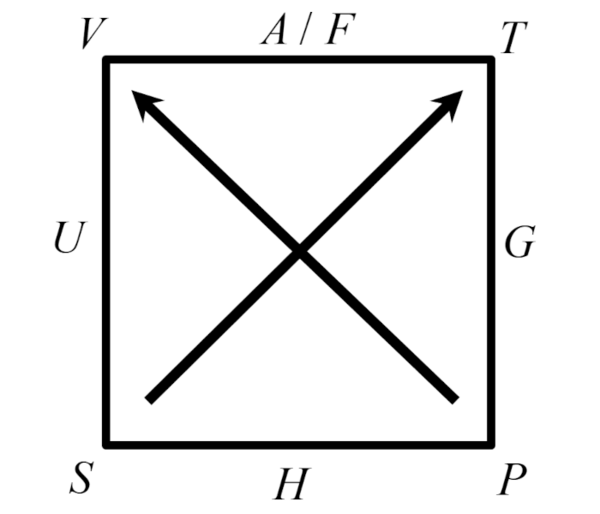
Physics 410
This course explains the behavior of matter at a macroscopic level beginning from a foundation of axioms (postulates). We will link the axioms to the well-known laws of thermodynamics and will explore their consequences in different thermodynamic environments. We will then identify the microscopic origins of macroscopic phenomena with statistical mechanics so that we can provide a deep understanding of the intriguing concept of entropy. From phase transitions to heat engines, you'll learn about the broad applications of thermal physics to fields like engineering and astrophysics. Computational simulations and problem-solving exercises will make the concepts come alive. By the end of the course, you'll have a solid foundation that you can use to apply thermal physics principles to a huge array of processes that are present in the real world!
Theoretical Mechanics I
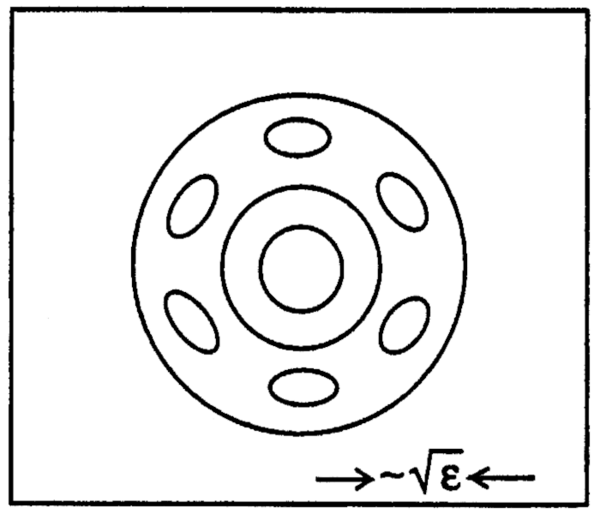
Physics 5510
Unleash the power of motion! In this graduate-level theoretical mechanics course, we will take a journey into the fundamental depths of classical mechanics and explore advanced mathematical frameworks that unlock the secrets of particle and system dynamics. You'll use the principle of least action in Lagrangian mechanics to produce elegant equations of motion followed by Hamiltonian mechanics and Hamilton-Jacobi theory to reveal the hidden symmetries and conservation laws that govern all mechanical systems, even in relativistic regimes. Then, you'll engage with chaos theory to explore the emergence of unpredictable behavior in deterministic systems and followed by KAM theory to shed light on the delicate interplay between regular and chaotic motion. Through problem-solving adventures, mathematical prowess, and computer simulations, you'll master the tools to analyze intricate mechanical systems and propel your knowledge to new heights. This course sets the stage for further exploration in quantum mechanics, statistical mechanics, condensed matter physics, and astronomy. Get ready to make the laws of motion dance to your tune!
Optical Properties of Matter
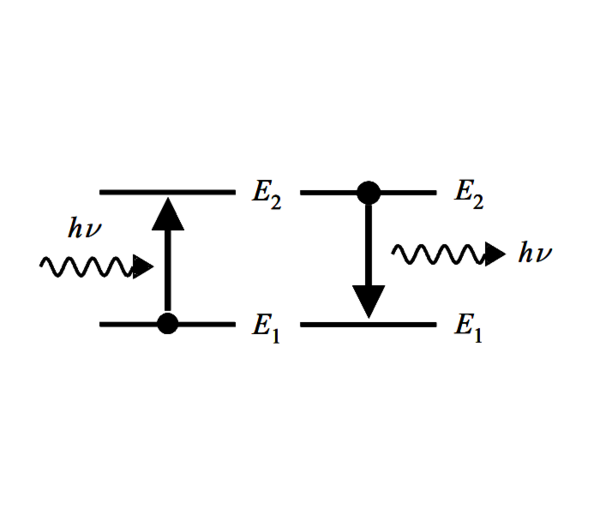
Physics 5535
In this cutting-edge graduate-level course, we illuminate the classical and quantum realms of light-matter interactions. First, you'll refresh your knowledge of classical optics including wave propagation, polarization, the dipole oscillator model, the dielectric function, and the ever-useful Kramers-Kronig relationships. We then swiftly transition to study the enigmatic quantum nature of light as we explore absorption, luminescent emission, and excitons. Along the way, we will decipher the complex spectra that hold the keys to a deeper understanding of matter. We'll journey through advanced topics like quantum confinement, photonic crystals, and the influence of nanoscale defects and nonlinear media. You'll gain hands-on experience with state-of-the-art density functional theory tools developed at UMKC to compute optical spectra and correlate their properties to electronic band structures and the density of states. From spectroscopic exploration to groundbreaking applications, this course propels you into the forefront of the optical wonders that shape our world!
Statistical Physics
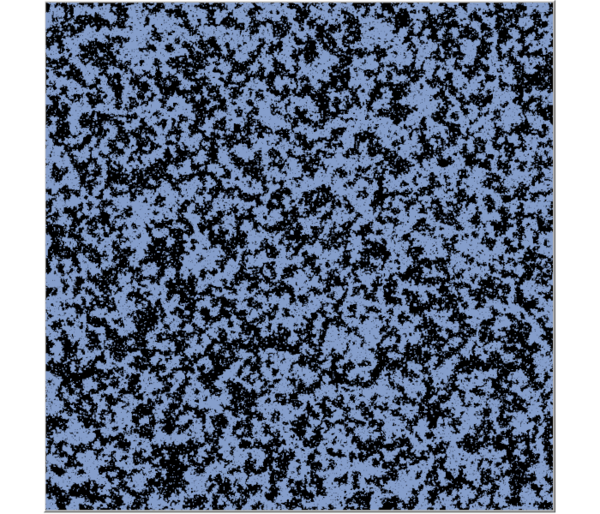
Physics 5540
Embark on a captivating graduate-level statistical mechanics course that establishes the connection between microscopic dynamics and macroscopic observables. Gain a deep understanding of probability theory, ensemble theory, transport phenomena, and magnetization. Explore the fascinating realm of phase transitions, from symmetry breaking to critical phenomena, and unravel the many-body physics of quantum gases. Engage in theoretical analysis, computational simulations, and data-driven investigations to develop analytical skills. By the end of the course, you'll be equipped to apply statistical mechanics principles to unravel mysteries in condensed matter physics, astrophysics, and beyond. Join us on this intellectual journey to unlock the secrets of the microscopic universe.
Quantum Theory of Solids I
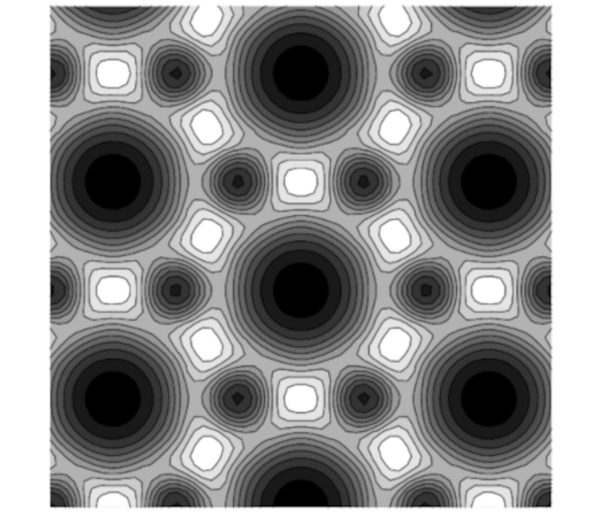
Physics 5570
Embark on an immersive exploration of the quantum mechanical origins of material structure, properties, and behavior. You'll master real space crystalline symmetries, reciprocal space Brillouin zones, and their impacts on the electronic structure of solids. State-of-the-art density functional theory tools will be used to solve for the solid state wave function and extract decompositions of the energy-momentum relationships of electron quasi-particles within the language of chemistry.
Lattice dynamics and thermal conductivity. Neutron scattering. Symmetry principles in crystals and consequences. Point group, space group and irreducible representations. Energy band theory and methods of band calculation. Elementary Theory of Magnetism. Spin wave theory.
Applied Scientific Computing
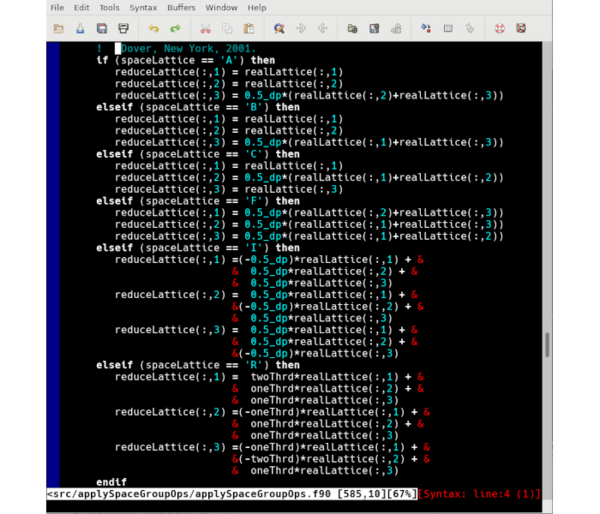
Physics 5590 (Rulis)
A study of the methods and practice of computational science, computer programming in the sciences, and the theoretical limits of simulation.
UMKC Essentials - Critical Thinking in the Natural and Physical Sciences 101
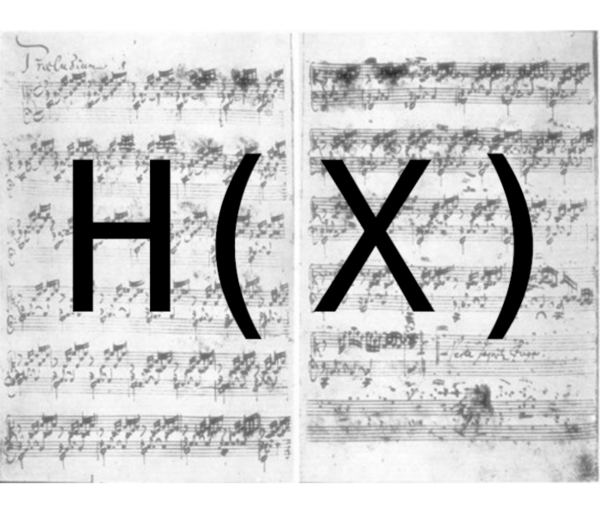
How do I live in a changing world?
Section Title: Do we live in a simulation?
This section explores how to use simulations to find, explore, define, and respond to the root causes of change wherever they are encountered. We use that knowledge to study whether or not our reality is itself a simulation.


